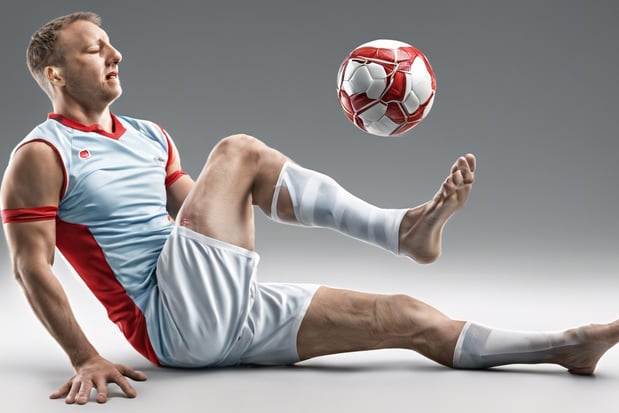Preventing ACL Injuries: The Role of Physiotherapy
Preventing ACL Injuries: The Role of Physiotherapy
Dr Neha Tripathi
8/4/20242 min read
### Preventing ACL Injuries: The Role of Physiotherapy
Understanding ACL Injuries
The Anterior Cruciate Ligament (ACL) is one of the key ligaments that help stabilize your knee joint. ACL injuries are common, especially among athletes involved in high-demand sports like soccer, basketball, and skiing. These injuries often occur from sudden stops, jumps, or changes in direction.
Symptoms of an ACL Injury
- A loud "pop" sound in the knee
- Severe pain and inability to continue activity
- Rapid swelling
- Loss of range of motion
- A feeling of instability or "giving way" with weight-bearing
Preventive Measures
1. Strengthening Exercises:
- Focus on strengthening the muscles around the knee, particularly the quadriceps and hamstrings.
- Incorporate core strengthening to improve overall stability.
2. Plyometric Exercises:
- Engage in exercises that involve jumping and landing to train your muscles to react quickly and appropriately to sudden changes in movement.
3. Flexibility Training:
- Regular stretching exercises for the lower body to maintain flexibility and reduce the risk of injury.
4. Proper Technique:
- Learning and maintaining proper techniques in sports and daily activities can prevent undue stress on the ACL.
5. Balance and Proprioception:
- Incorporate balance training to improve your body's ability to control the position of your joints.
How Physiotherapy Helps in ACL Injury Prevention
1. Customized Exercise Programs:
- Physiotherapists design personalized exercise regimens that target the specific muscles and movements involved in ACL injuries.
2. Education and Training:
- Physiotherapists provide education on proper techniques and body mechanics to reduce the risk of injury.
3. Neuromuscular Training:
- Focuses on improving the control and stability of the knee joint through specific exercises that enhance the body's proprioceptive abilities.
4. Sport-Specific Drills:
- Tailored drills that mimic the demands of your sport to prepare your body for the specific movements and stresses involved.
5. Ongoing Monitoring and Adjustment:
- Regular assessments to monitor progress and adjust the exercise program as needed to ensure continuous improvement and adaptation.
In Case of an ACL Injury
If an ACL injury occurs, physiotherapy plays a crucial role in rehabilitation:
1. Pain Management:
- Techniques such as manual therapy, ice, and electrotherapy to reduce pain and swelling.
2. Restoring Range of Motion:
- Exercises and manual techniques to restore normal knee movement.
3. Strengthening and Stability:
- Progressive exercises to rebuild strength and stability in the knee and surrounding muscles.
4. Functional Training:
- Activities that simulate daily and sports-specific movements to prepare for a safe return to activity.
5. Preventing Re-injury:
- Ongoing training and education to avoid future injuries.
Ved Physiotherapy Clinic
At Ved Physiotherapy Clinic, our experienced team of physiotherapists is dedicated to helping you prevent and recover from ACL injuries. We offer personalized care plans, advanced techniques, and state-of-the-art equipment to support your journey to optimal health and performance.
Contact Us:
- Phone: 9891995441
- Website: [vedinhomephysiotherapyclinic.com](http://vedinhomephysiotherapyclinic.com)
Empower yourself with the right knowledge and preventive measures to stay active and injury-free!


